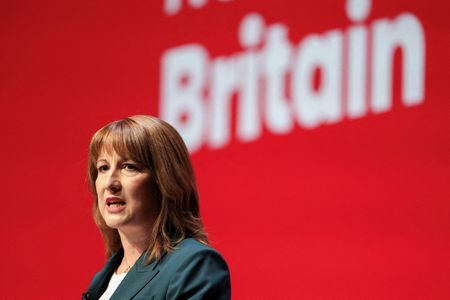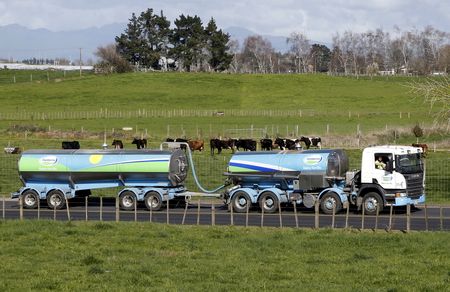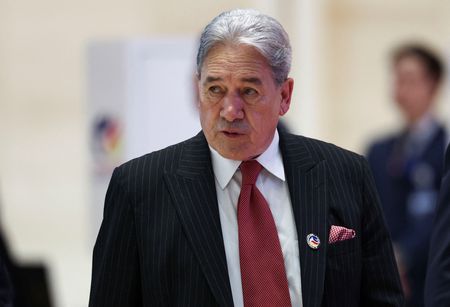(Reuters) -Britain’s finance minister, Rachel Reeves, could scrap a windfall tax on the country’s oil and gas industry a year earlier than planned, the Financial Times reported on Wednesday.
Reeves is believed to be considering a range of options to remain on course for her target of balancing day-to-day spending with tax revenues by the end of the decade.
She could use her annual budget next month to scrap the energy profits levy in March 2029 instead of March 2030, the Financial Times said, citing people familiar with her thinking.
But, the newspaper added, Reeves was seeking assurances from energy companies that such a move would spur new investment, jobs and future tax revenues.
Reuters could not immediately verify the report.
A spokesperson for Reeves’ office said in an emailed statement: “We do not comment on speculation around changes to tax ahead of the Budget.”
Introduced in 2022 after a surge in energy prices following Russia’s invasion of Ukraine, the levy raised the effective tax rate on North Sea producers to 78%.
Industry body Offshore Energies UK has argued that ending the temporary tax sooner could unlock 40 billion pounds ($53.68 billion) of investment across 90 projects.
Economists have said Reeves may have to break the government’s promise and raise income tax, a move that would break the commitment Labour made to voters before winning the election in 2024.
Prime Minister Keir Starmer earlier on Wednesday declined to commit to the previous pledge not to raise taxes, saying upcoming forecasts would show the economy was in a worse state than thought.
Britain’s budget watchdog is expected to cut its productivity forecast by a larger-than-expected 0.3 percentage points, people familiar with the situation told Reuters on Tuesday, potentially leading to a 20 billion-pound hit to the public finances.
($1 = 0.7451 pounds)
(Reporting by Sam Tabahriti in London and Anusha Shah in Bengaluru; Editing by Leslie Adler and Daniel Wallis)











